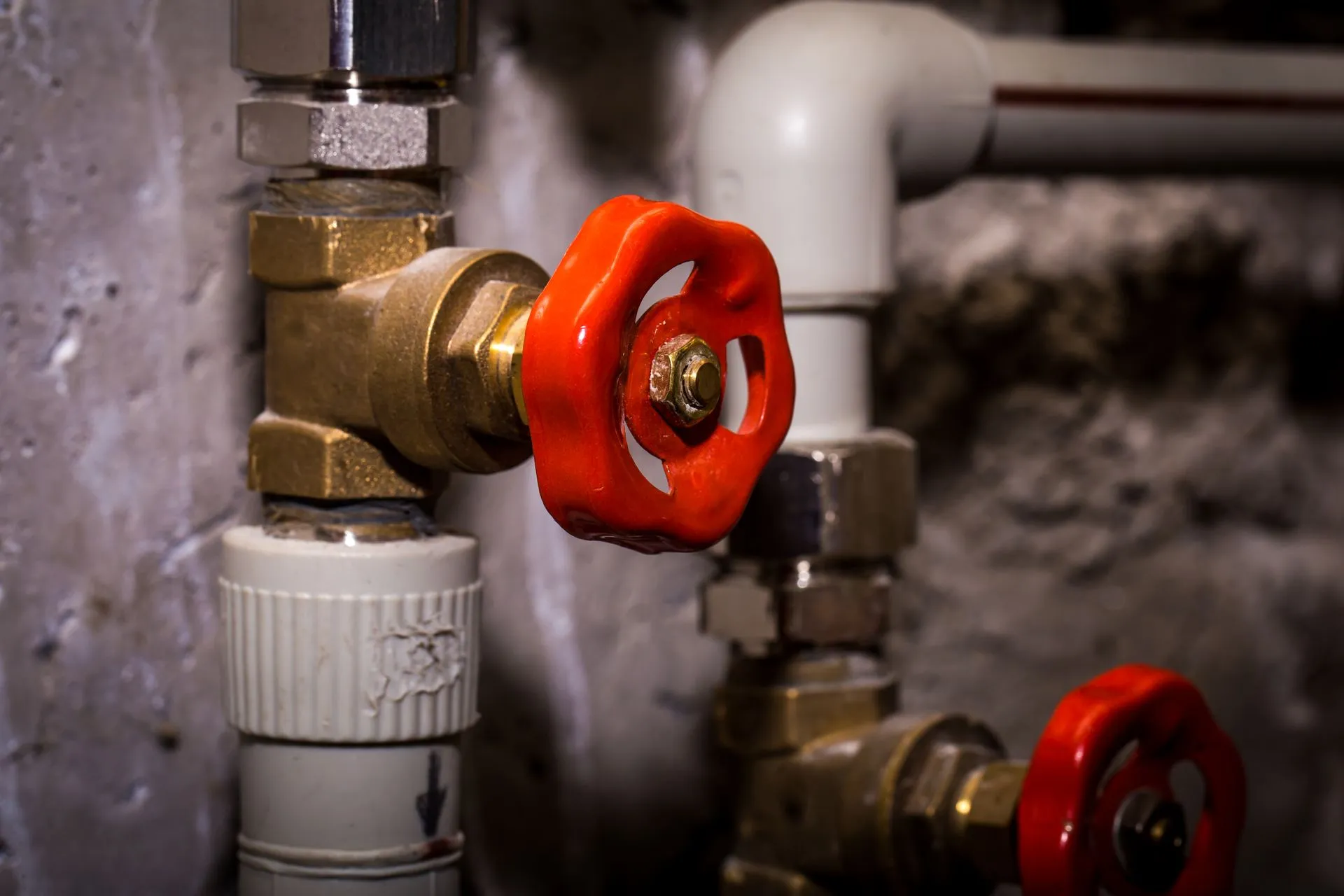What to do During a Gas Leak?
Gas leaks can be detrimental and pose significant risks to human health, safety, and the environment. Natural gas is highly flammable and can lead to explosions or fires if ignited in an enclosed space. Inhaling gas leaks can also cause various health problems, including nausea, dizziness, headaches, and even asphyxiation in extreme cases.
Gas leaks are relatively rare occurrences, but it’s crucial to know how to handle them safely should you ever find yourself in that situation. Gas leaks can be hazardous and potentially life-threatening, so it’s important to act promptly and appropriately. Here are the necessary steps on what to do during a gas leak.
Recognize the signs
The first step in dealing with a gas leak is to identify the signs. Natural gas is odorless and colorless, but gas companies add a distinctive smell, often described as rotten eggs, to make it easily detectable. Other indicators may include a hissing sound near a gas line or appliances, dead plants, or condensation on windows.
Leave the area
If you suspect a gas leak, the most crucial step is to evacuate the premises immediately. Warn others in the building, including family members, neighbors, or coworkers, and ensure everyone gets out safely. Avoid using any electrical devices, including light switches, outlets, or any equipment that could create a spark.
Call emergency services
Once you’re safely outside, call your local gas company’s emergency line or the emergency services hotline and inform them about the situation. Provide them with your name, address, and a brief description of the suspected gas leak. Follow their instructions and do not attempt to turn off the gas yourself unless explicitly advised to do so.
Do not use your phone
When near a gas leak, using any electronic devices can potentially cause a spark, leading to an explosion. Refrain from making phone calls, sending text messages, or operating any electrical appliances until you are at a safe distance from the leak.
Never try to identify or fix the leak
It is essential to let the professionals handle a gas leak. Gas leaks can be caused by various factors, including damaged or corroded pipes, faulty appliances, or improper installation. Regardless of the cause, never attempt to locate or repair the leak yourself, as this can be extremely dangerous.
Prevent open flames and sources of ignition
While waiting for assistance, ensure that no one smokes, lights candles, or uses any open flames near the area. Additionally, avoid starting or turning off vehicles or engaging any equipment near the suspected leak.
Wait for professional assistance
While waiting for assistance, ensure that no one smokes, lights candles, or uses any open flames near the area. Additionally, avoid starting or turning off vehicles or engaging any equipment near the suspected leak.
Get your appliances checked
After the incident, contact a qualified professional to inspect your gas appliances and ensure they are in proper working order. Regular maintenance can prevent potential leaks and ensure your safety in the long run.
How to Prevent this from Happening?
Preventive measures are also crucial to minimize the occurrence of gas leaks. This includes regular inspection of gas appliances, ensuring proper ventilation, installing carbon monoxide detectors, and maintaining a safe distance from gas pipelines or storage facilities during construction or excavation activities.
Gas leaks are a serious concern that can have severe consequences. Timely detection, preventive measures, and immediate response are key to ensuring the safety of individuals and protecting the environment from potential hazards associated with gas leaks.
Call for Emergency Plumbing Services
In the event of a gas leak, prompt action is essential for safety. Individuals are advised to evacuate the area immediately, avoid using any devices that may cause sparks or flames (e.g., lighters, switches, or mobile phones), and contact the relevant gas company or emergency plumbing services to report the leak. Professionals trained in what to do during a gas leak will assess the situation, control the leak, and ensure safety measures are in place before repairing the affected equipment or infrastructure.





